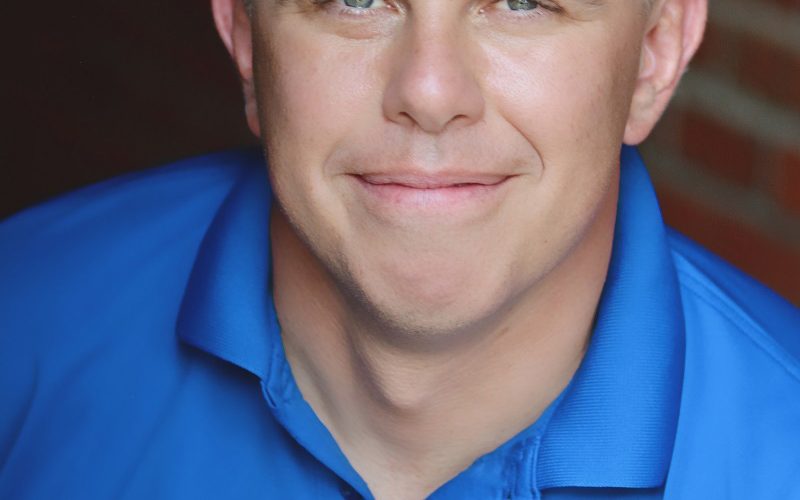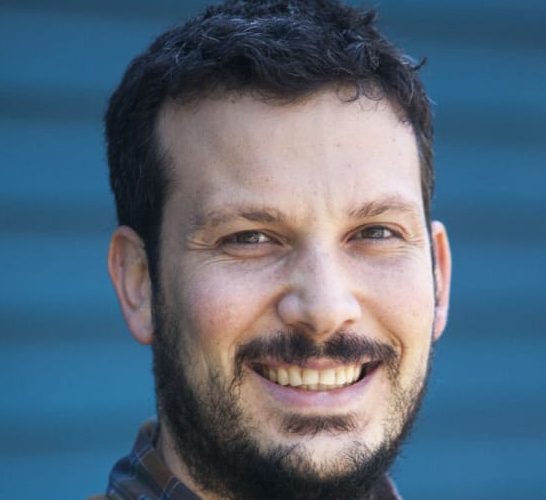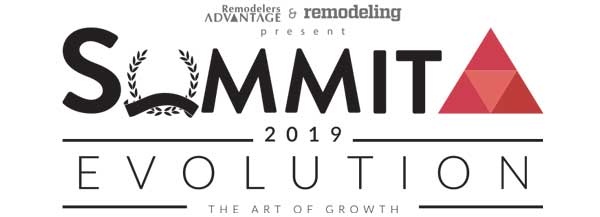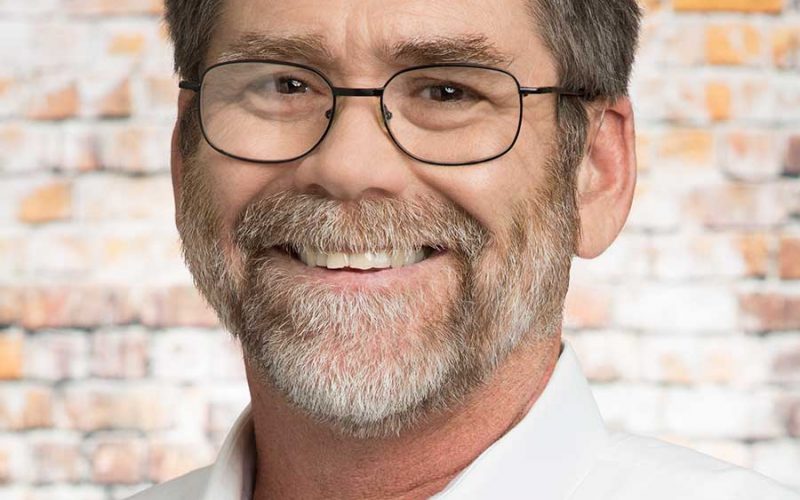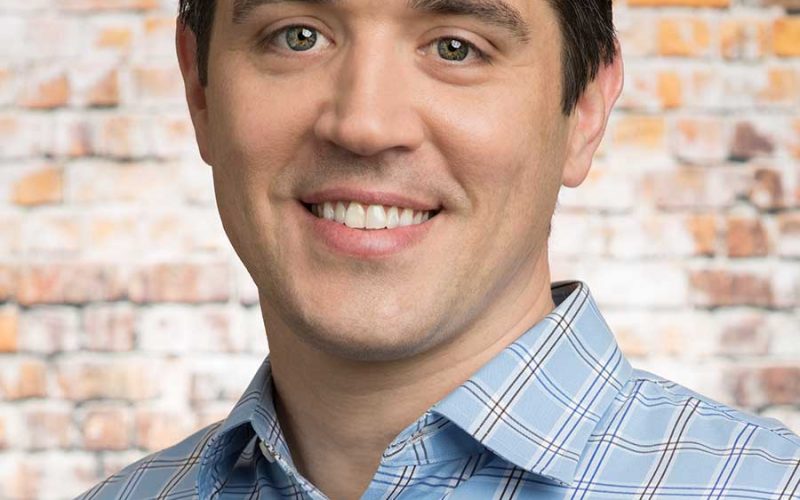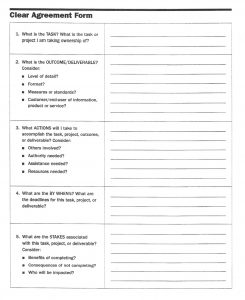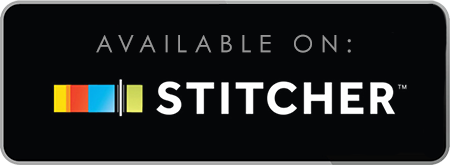Ep.93: [Unscripted Back-Up] How LEAN Principles Have Improved My Business with Paul Kowalski
As 2019 draws to a close, we’re taking a look back at some of our more popular episodes, and this episode explains how LEAN principles really work in a remodeling company. Perfect for any company looking to improve their business in 2020.
In this episode, Paul Kowalski shares his experiences in applying LEAN in his business with Victoria and Mark. His company recently implemented the process, and he says the results have already been eye-opening.
Paul owns PK Builders in Charlotte, NC, and is a member of our Remodelers Advantage Roundtables group. PK Builders has a team of eight, including Paul, with four project Managers, an estimator, and a draftsman.
When PK Builders was experiencing growing pains in 2018 — bottlenecks in the design-build process, some cash-flow issues, higher overhead — Paul called in Doug Howard for help. Paul says it was intimidating at first, but soon becomes second nature to look for ways to speed up processes. It started with 16 feet of paper festooned with sticky notes detailing steps in the design process. Hear how they implemented LEAN, including:
- Explaining it to your staff
- Sharing in chunks
- Finding the hiccups
- Why the people closest to the work have the best feedback
- Getting over the intimidation factor
- Timelines and swim lanes
- Not including time for revisions
- Building in collaboration up front
- Unintended consequences
- And more …
Paul and his team are deep in the LEAN process, and excited to see what their future brings, including how it affects their positive cash flow. See the video Paul talks about outlining LEAN principles from the Food Bank For New York City on YouTube.
And here’s that 16-ft. chart Paul talks about:
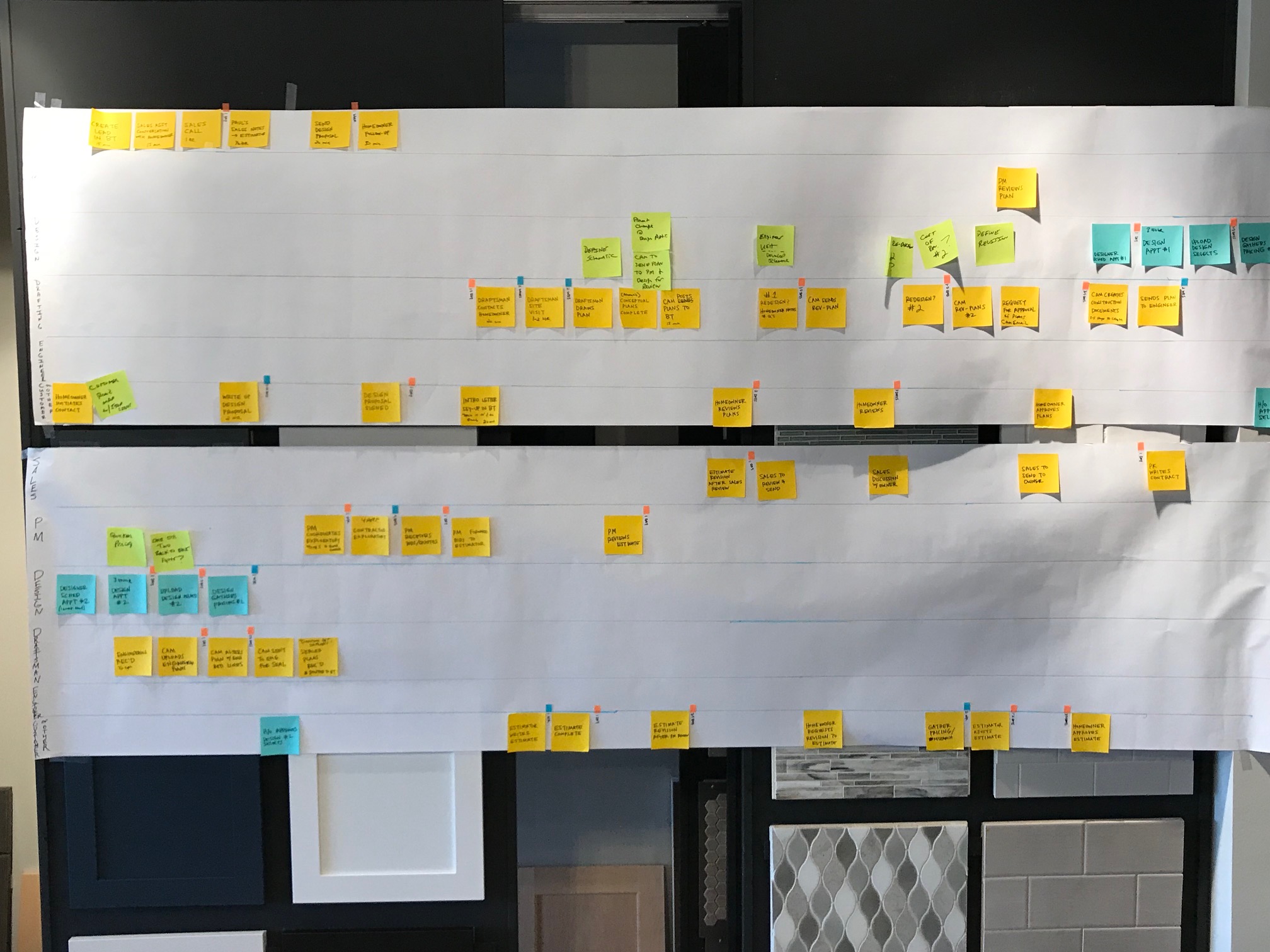
Are You Getting the Full Force of the PowerTips Content System?
If you are not a Subscriber, you are missing out on our knowledge-sharing network of Articles, Podcasts, Videos and More! In addition to this podcast we have the Tim Faller Show podcast every Monday, informative blog posts on Tuesdays and access to other great resources like the PowerTips TV channel on YouTube with more than 60 educational videos. Click Here to Subscribe and get notified every time we post, as well as receiving alerts and special pricing on all of our events throughout the year!

